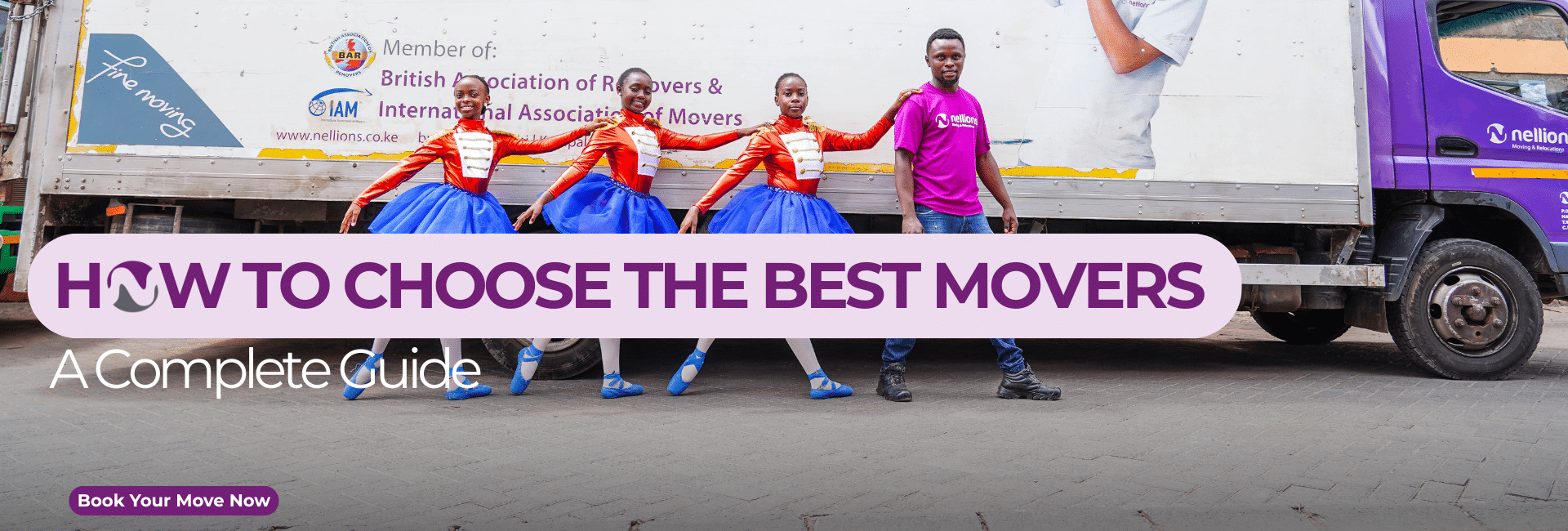Domestic tax is chargeable on income earned under territorial laws in which an entity is established or an individual resides. In Kenya and East Africa, these collections are conducted by the country’s tax authorities.
Over the last few years, Customs Union domestic tax collection has been enhanced, thanks in part to the advent of the East African Community. Most EAC countries have adopted the use of integrated tax administration systems for tax collection/tax filing, much like KRA’s iTax.
Every holder of a PIN/TIN certificate in most East African countries is expected to file their returns faithfully. Failure to do so and on time attracts huge penalties.
Personal tax liability
Let’s examine the broad strokes of personal tax liability.
There are three major principles types that define personal tax liability:
- The residence principle: This determines that an individual is liable to taxation in the residence country
- The nationality principle: defines that a person is liable to taxation in the country of their citizenship.
- The source principle: defines that an individual is subject to taxation in the state where the tax base is located.
Implications of Domestic Tax in the moving process
In the past, returning East African residents did not have to bother about their tax status with their respective Domestic Taxes department when bringing their used household or goods or personal effects because no taxes were applied. They were right because such goods, including one motor vehicle, are generally exempted from customs duty and VAT subject to meeting the qualification criteria.
But things have changed.
Today, as a returning citizen to Kenya, Uganda, Tanzania, Rwanda, and Burundi the Domestic Taxes Department in your home country will have a big say in letting your goods into the country. If, for example, you have failed to file returns or have unpaid tax arrears, do you know your goods will not be allowed into your country until the issue is sorted out? Based on our experience, we advise that before the goods are dispatched from the origin country, one should check his/her compliance status with the respective domestic taxes department at TRA, URA, KRA, OBR & RRA and clear out any pending issues.
The Domestic tax systems have been integrated with the customs systems to enhance tax/duty collection. This means should you have any outstanding taxes, unfiled returns, or unresolved issues with the domestic taxes department, your cargo cannot clear until you settle the arrears. If one has uncleared domestic taxes, they cannot register an import customs entry since the system will only produce red alerts. Even if your current shipment of household goods does not attract any taxes, the unsettled tax liabilities will be a hindrance to your moving process.
This might also lead to hefty port storage and demurrage/detention charges. Your PIN/TIN has to be active in the current tax system. A customs entry cannot be registered until the same is done but when the PIN/TIN is on the current system you can easily check your tax status ahead of time to avoid expensive penalties, demurrage’s and any last-minute surprises when you enter your home country.
Someone said that the only two unavoidable things in life are death and taxes. He was right. Avoid an unpleasant welcome home by ensuring that your domestic tax issues are sorted before attempting entry into the country.













